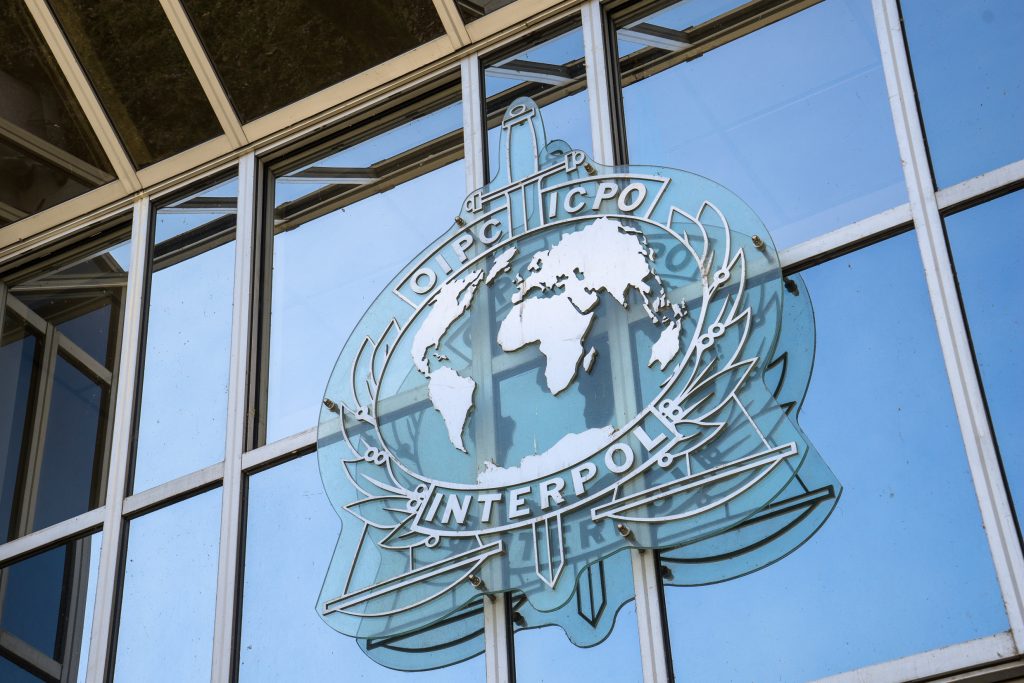Two human-rights barristers on how to address systemic abuse by authoritarian states
The article was originally published on 9 May 2025 in The Economist and can be viewed here.
—
For more than 100 years, Interpol has played a vital role in combating serious international crime, from terrorism to human trafficking. But the international police organisation, made up of 196 member countries, is now plagued by issues that undermine international co-operation among law enforcers and allow authoritarian states to weaponise its systems for their own ends. The recent appointment as secretary-general of Valdecy Urquiza, a Brazilian police commissioner, offers an opportunity for serious reform. Though his predecessor, Jürgen Stock, left Interpol in better shape than he found it, Mr Urquiza will need to go further to deal with its deep-rooted problems.
The first of these is governance. The secretary-general, the full-time leader of the organisation, is assisted by an executive committee—essentially a board of directors chaired by a president. The current president is Ahmed Naser Al-Raisi, a major-general from the United Arab Emirates (UAE), who is under investigation in several countries over allegations of complicity in torture (which he denies). The 13-member executive committee includes representatives from China and Turkey, two of the most prolific abusers of Interpol policy.
At the most recent executive-committee elections, democratic countries failed to co-ordinate, putting forward numerous candidates and splitting their potential votes, while autocratic states voted as a bloc. The result was predictable: states with dismal human-rights records gained more influence within the organisation. In future, democratic nations must work together and unite around fewer candidates to allow the governance of Interpol to be geared towards fairness, independence and efficiency.
Interpol’s funding model exacerbates its governance challenges. Operating on a modest annual budget of around €200m ($225m), the organisation relies on three funding streams: statutory contributions from member countries (roughly based on economic size), in-kind donations of police officers, and voluntary contributions. Just before Mr al-Raisi was elected president, the UAE donated €50m, or roughly a quarter of Interpol’s annual budget, through an arms-length NGO. The funding model should be revised to reduce vulnerability to handouts that could be seen as influence-buying. Donations would still be welcome but they must never be in exchange for perceived favours or public-relations opportunities. Statutory contributions should be increased to make up the likely shortfall.
Authoritarian states routinely use Interpol mechanisms as a way to subdue dissidents. For example, Turkey misuses the Stolen/Lost Travel Documents system to target opponents of Recep Tayyip Erdogan’s repressive regime. By reporting a dissident’s passport as lost or stolen, Turkish authorities ensure targets are denied entry by other countries and potentially returned to Turkey, where they face political persecution and detention in horrendous conditions.
…
To read the full article on The Economist’s website, click here.
—
Image: Unsplash



